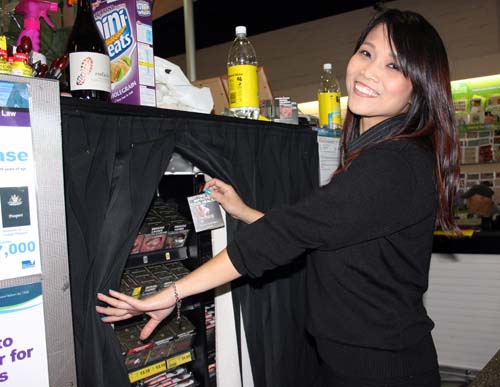Plain packaging is unlikely to materially affect U.K. consumption, given that the country already has in place a retail display ban, which prevents consumers from seeing packages on the shelf, according to Stifel.
On May 19, the U.K. High Court dismissed a challenge to the measure by major tobacco companies, clearing the way for plain packaging to be implemented.
The most significant risk, according to the financial firm, is that of contagion, whereby other countries could be emboldened to also consider plain packaging.
Stifel also said that, despite the risk of downtrading and profit degradation, the high margins in the U.K. market provide some “cover” for PMI and the other tobacco companies.
Morgan Stanley said the U.K. ruling is “highly dismissive of industry arguments” and “reflects a very deferential approach to the rationale of Parliament, the interpretations of the Australian government, and interests of public health.”
On evidentiary standards, the High Court said the evidence that industry submitted can be given “limited” weight because it falls below “internationally accepted best practice” for peer review, transparency and accountability.
Regarding proportionality, the court said there was sufficient evidence from Australia and prior qualitative studies to deny the industry’s claim that plain packaging is an “unnecessarily onerous” way to reduce smoking, though Morgan Stanley points out that even the Australian government acknowledges that plain packaging had only a modest impact on smoking prevalence.
On property rights, the court said plain packaging is “not a case of expropriation but a case of curtailment of use.”

